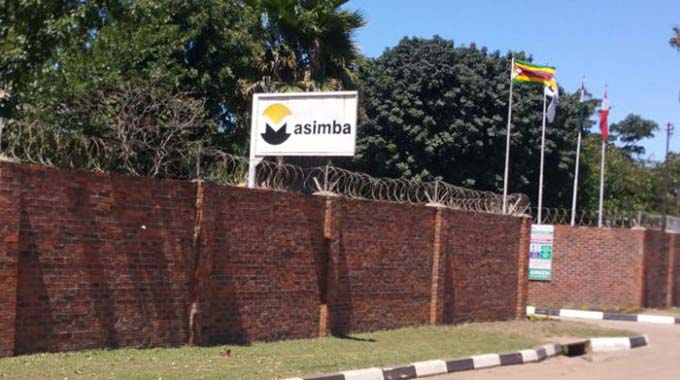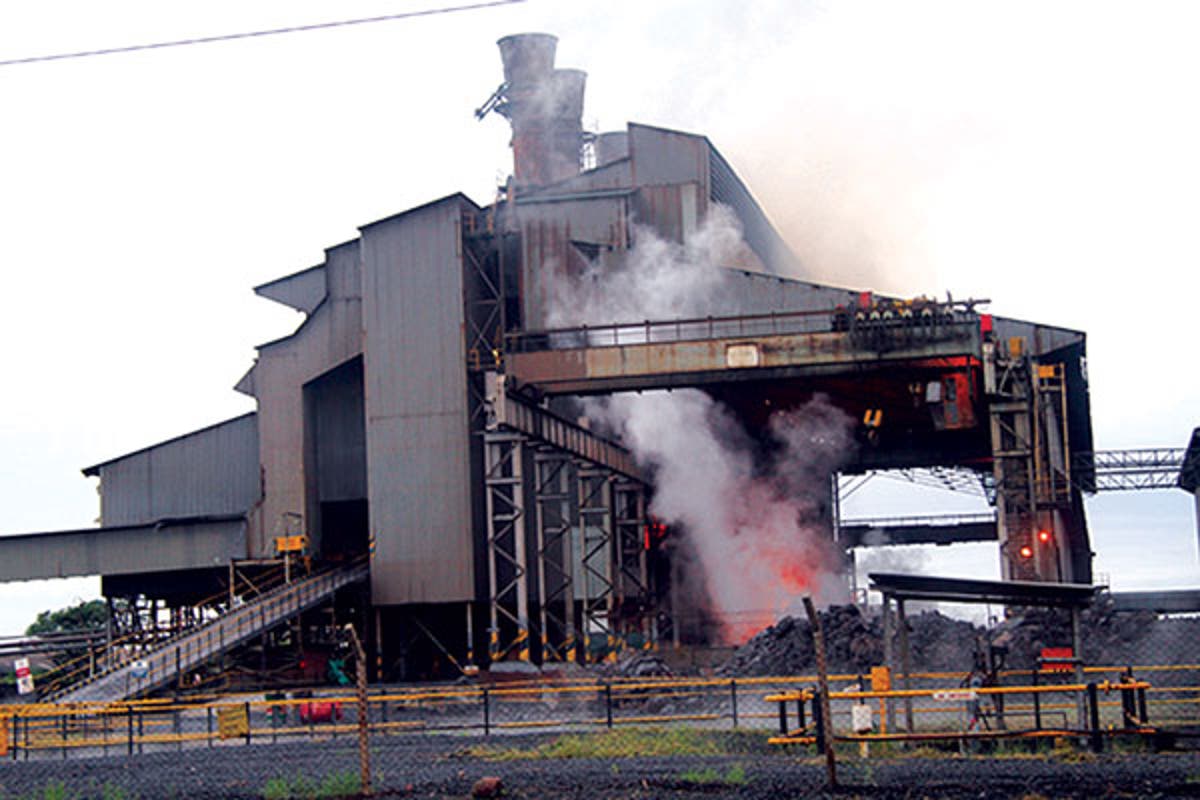Reinstate workers, court orders Zimasco
THE Labour Court has ordered the reinstatement of 140 Zimasco employees who were retrenched in a process deemed irregular due to non-compliance with legal notice requirements.
The court’s ruling centred on the failure of Zimasco, recently placed under corporate rescue proceedings, to provide timely notice to the retrenchment board, a mandatory procedural step under the Labour Act.
China’s Sinosteel Corporation holds the majority shareholding in Zimasco, a leading producer of ferrochrome.
Zimasco, along with Justin Phiri and 139 other employees, brought appeals and cross-appeals before the court, contesting an arbitral decision, which ordered them to engage the retrenchment board to facilitate negotiations of a “mutually acceptable” and beneficial package.
In legal terms, a cross-appeal, also known as a counter-appeal, is an appeal filed by a party who was initially the respondent (the party against whom the original appeal was filed) to challenge a part of the lower court’s decision that was unfavorable to them
The underlying dispute originated from Zimasco’s retrenchment process, which the employees subsequently challenged through arbitration.
The arbitrator’s decision recognised deficiencies in the retrenchment process, specifically Zimasco’s failure to provide proper legal notice and lack of a prescribed minimum retrenchment figure.
The arbitrator initially ruled that while there were flaws, the parties should proceed to negotiate a package.
However, the Labour Court, upon appeal and cross-appeal, found that the delayed notice rendered the entire retrenchment process irregular and therefore invalid.
Zimasco conceded to the timeline breach but contended that the irregularity merely made the process voidable, not null.
It argued that the parties had progressed significantly through the retrenchment process, only encountering a dispute over the final package figure, which led to arbitration.
Zimasco insisted that the process should not be invalidated solely due to an irregularity of failure to give notice, especially considering the employees’ continued participation.
It further argued that the employees’ involvement in the process, despite the procedural flaws, should stop them from later challenging its validity.
The company raised a waiver argument, implying that the employees implicitly accepted the process by participating.
Moreover, Zimasco expressed concern that the employees were exploiting the timeline breach to extract additional financial compensation through back pay, while the company faces imminent financial collapse.
The court, however, rejected Zimasco arguments, emphasising the mandatory nature of the notice requirements.
The court ruled that the employees’ participation in an irregular process does not rectify its flaws.
The court highlighted that the notice clause within the retrenchment process was not put in place as a mere formality.
It found that the employer failed to provide a compelling justification for the non-compliance, thus must be held against failure to the company.
The court determined that Zimasco’s failure to adhere to the statutory notice timelines was a critical breach, invalidating the retrenchment process.
As a result of the irregular process, the court ordered the reinstatement of the affected employees to their original positions without any loss of salary or benefits.
The ruling, however, does not prevent Zimasco from conducting future retrenchments but orders that any such process must be initiated correctly, with proper notice and in accordance with the law.
“In its place the retrenchment process is adjudged to have been irregular for want of compliance with the notice provision timelines,” reads part of the judgment.
“The employees (should) be accordingly reinstated to their original positions without loss of salary and benefits.
“The employer reserves the right to reinstitute fresh retrenchment processes in a proper manner with the assistance from the retrenchment board.”
Zimasco was placed under corporate rescue on Wednesday last week after failing to meet full obligations under a contract to purchase coke to fire its furnaces from Avin Investments.
Its creditors are set to convene for a crucial first meeting next Wednesday.
The meeting, mandated by Section 140(1) of Zimbabwe’s Insolvency Act, will take place at the Zimasco plant in Kwekwe, according to a statement issued by the Office of the Master of the High Court.
This comes nearly 10 years after Zimasco, whose majority shareholder is Sinosteel of China, underwent a similar rescue process, then known as judicial management, due to financial distress from 2016 to 2018.
Renowned lawyer Mr Tatenda Wilson Manase, the appointed Corporate Rescue Practitioner (CRP), will present a preliminary report detailing the company’s financial status and propose a rescue strategy.
The Master of the High Court will provide an opinion on Zimasco’s prospects of recovery, a critical assessment for creditors.
The meeting will also address the potential formation of a creditors committee to represent their collective interests throughout the rescue process.
Creditors have been urged to file claims promptly and those owed by Zimasco are required to complete an affidavit for proof of claim form in duplicate and lodge it with the Master of the High Court by March 31, 2025.-herald











